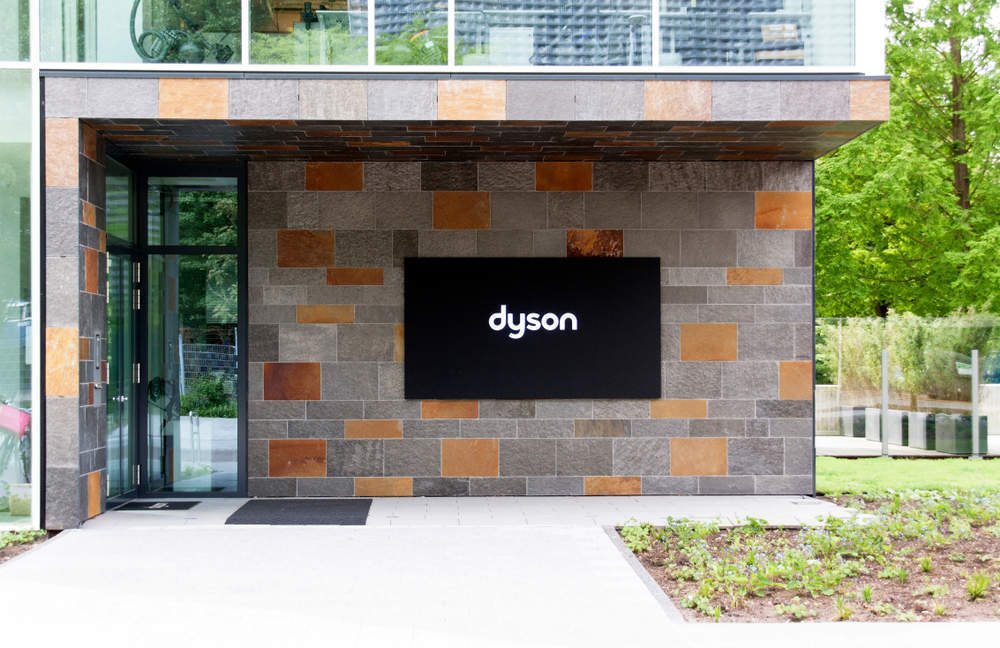
Competition to be the leading tech-side developer of electric car technology is heating up after Dyson revealed progress in its £2bn electric car project.
British industrialist Sir Robert Dyson revealed plans for a ‘world-class vehicle testing campus’ in the UK, where it will test its pipeline ‘radical’ electric vehicle, pencilled for a 2021 release date.
The former airfield in Hullavington will see a total of £200m investment by the company, including the £84m already spent. The site is around five miles from Dyson’s headquarters in Malmesbury.
First announced in 2017, the Dyson electric vehicle (EV) project remains shrouded in secrecy.
The company aims to begin manufacturing the vehicle in 2020: £1bn is being spent on developing the car, with another £1bn on making the battery.
Dyson told GQ magazine earlier this month: “What we are doing is quite radical,” with designs to challenge Tesla rather than large established car brands such as VW or Toyota.
How well do you really know your competitors?
Access the most comprehensive Company Profiles on the market, powered by GlobalData. Save hours of research. Gain competitive edge.

Thank you!
Your download email will arrive shortly
Not ready to buy yet? Download a free sample
We are confident about the unique quality of our Company Profiles. However, we want you to make the most beneficial decision for your business, so we offer a free sample that you can download by submitting the below form
By GlobalDataDyson is worth in the region of £9.5bn, and sells high-end vacuums and other electrical goods: in 2017 it made its 100 millionth machine.
Around £2.5bn is to be invested in its EV project. The company also believes that technologies developed for its modern vacuum cleaners such as the V10 can be adapted for electric vehicles.
Speaking to GQ magazine, Dyson design engineer Dave Vaughn said: “There’s no reason why it can’t be scaled up. It’s just a case of using different materials that are stiffer and lighter.”
The challenge ahead
The race is on now for the tech-driven businesses in the great transition from fossil-fuelled cars into an electric vehicle future.
While traditional car manufacturers have the scale and expertise in making petrol and diesel cars for the mass market, they are new to the technology for a realistic electric replacement to the traditional combustion engine.
While hybrids have worked well for many, businesses like Tesla and Dyson may hope that if they can crack the real hub of an electric car, the battery technology, the essence of the future may be selling this proprietary technology to other car manufacturers.
For whoever wins that future market, £2bn will seem like small change.




